
Cold water therapy, also known as cold water immersion or cryotherapy, has gained popularity among athletes and fitness enthusiasts in recent years. This technique involves immersing oneself in cold water or applying ice packs to the body, with the aim of reducing inflammation, speeding up recovery, and enhancing performance. While it has been widely used in endurance sports, its benefits for strength sports are equally significant.
Strength sports, such as powerlifting, weightlifting, and strongman competitions, require athletes to exert maximum force and power. These activities often result in muscle damage, inflammation, and delayed onset muscle soreness (DOMS). Cold water therapy can be a valuable tool to combat these issues and optimize recovery.
One of the primary benefits of cold water therapy is its ability to reduce inflammation. Intense strength training causes micro-tears in muscle fibers, leading to an inflammatory response. Cold water immersion constricts blood vessels, reducing blood flow to the affected area and minimizing inflammation. This vasoconstriction also helps to flush out waste products, such as lactic acid, which can accumulate during intense workouts.
Additionally, cold water therapy has been shown to decrease muscle soreness and accelerate recovery. The cold temperature numbs the nerve endings, providing temporary pain relief and reducing the perception of soreness. It also helps to remove metabolic waste products and reduce swelling, allowing for faster repair and regeneration of damaged muscle tissue.
Cold water immersion can also enhance the body's ability to adapt to training. When exposed to cold water, the body activates its thermoregulatory mechanisms, which include increasing metabolic rate and releasing certain hormones. These responses can lead to improved fat burning, increased energy expenditure, and enhanced muscle growth.
Furthermore, cold water therapy can have a positive impact on the central nervous system (CNS). Strength sports heavily rely on the CNS to generate maximum force and power. Cold water immersion has been found to decrease CNS fatigue, allowing athletes to maintain optimal performance during training sessions and competitions.
Implementing cold water therapy into a strength athlete's routine can be done in various ways. The most common method is immersing the body in an ice bath or cold water for 10-15 minutes immediately after a workout. This helps to reduce inflammation and promote recovery. Ice packs or cold compresses can also be applied to specific muscle groups to target soreness or injuries.
It is important to note that cold water therapy should be used judiciously and with caution. Individuals with certain medical conditions, such as Raynaud's disease or cardiovascular problems, should consult a healthcare professional before attempting cold water immersion. Additionally, it is crucial to gradually acclimate the body to cold water therapy to avoid shock or hypothermia.
In conclusion, cold water therapy can be a valuable tool for strength athletes to enhance recovery, reduce inflammation, and optimize performance. By incorporating this technique into their training routine, athletes can experience faster recovery, decreased muscle soreness, and improved adaptation to training. However, it is essential to approach cold water therapy with caution and seek professional advice if necessary.









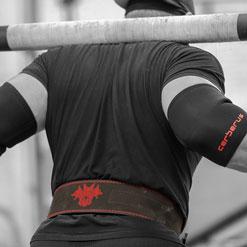
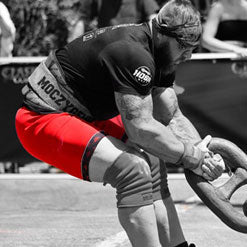
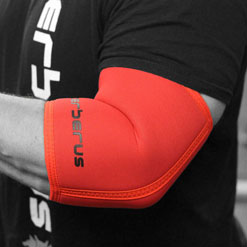
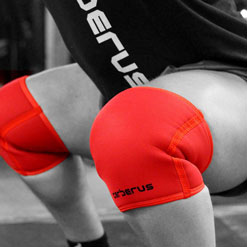
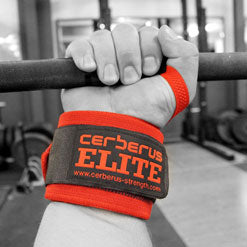
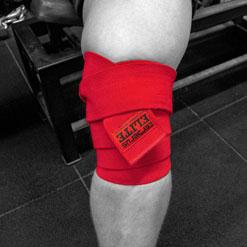
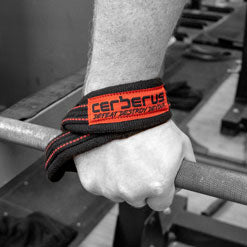
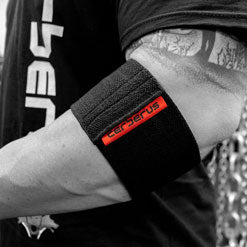
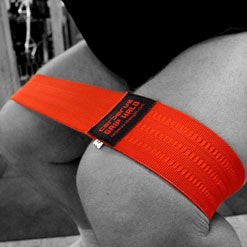
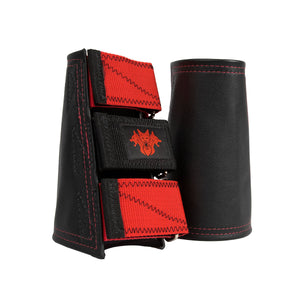
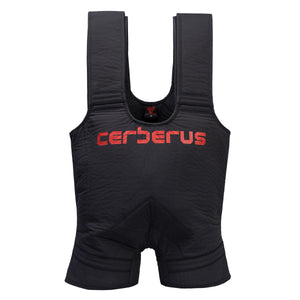
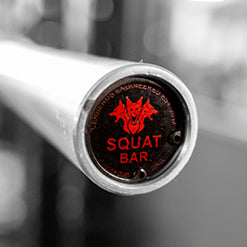
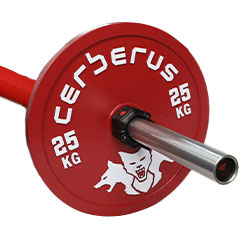
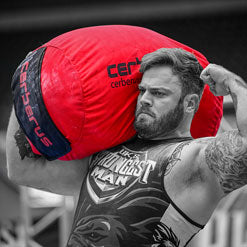
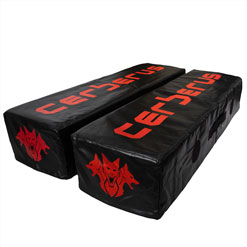
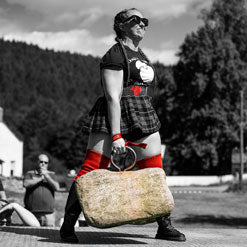

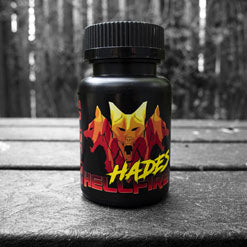
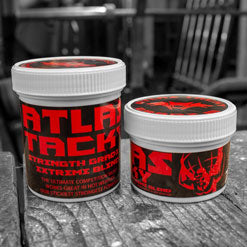
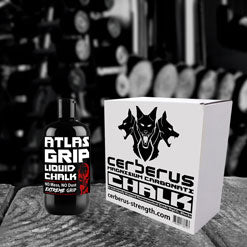
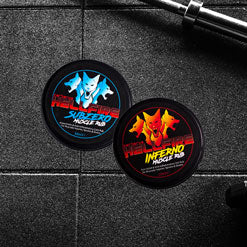
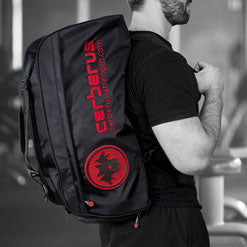
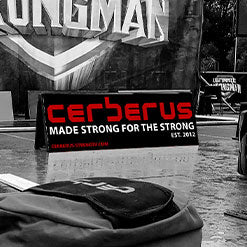
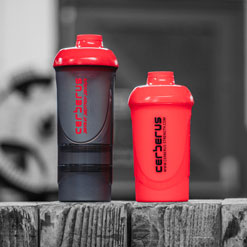
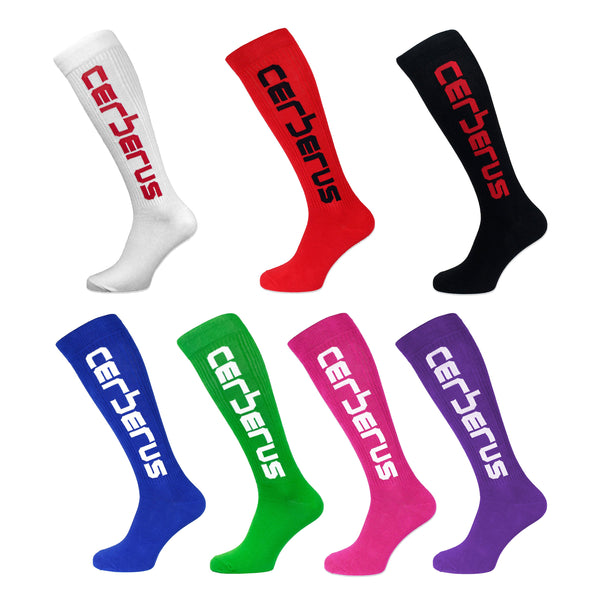
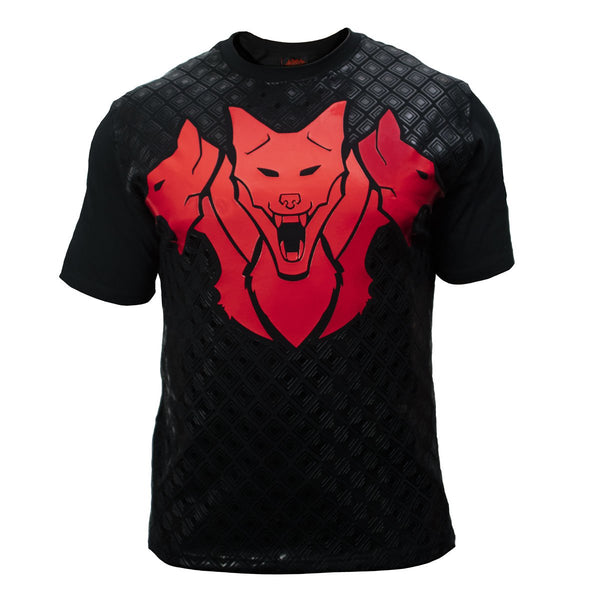
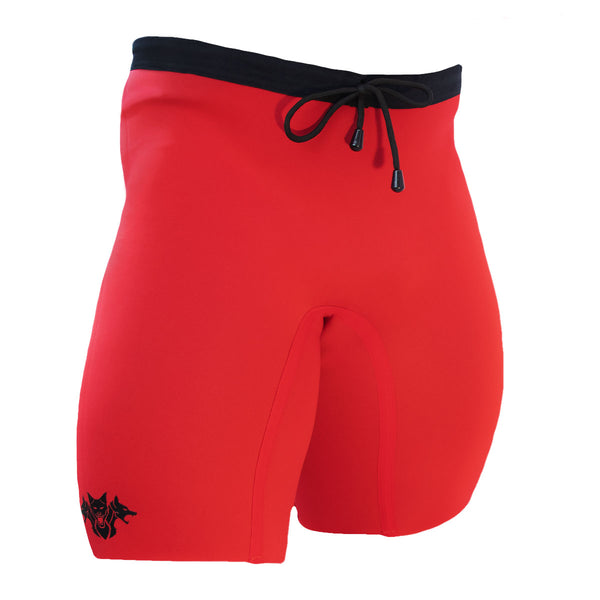

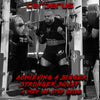
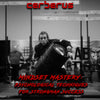
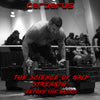



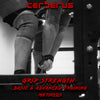
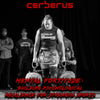

I am doing PT on an injured shoulder and they are using a cold therapy compression system called Game Ready. It is marvelous and combines cold with compression and can also allow got electro stimulus. I used to live close to Lake Michigan and would go sit on the lake up the chest for as long as I could stand in the winter a few times a week until it froze over. Helped a ton with DOMS.